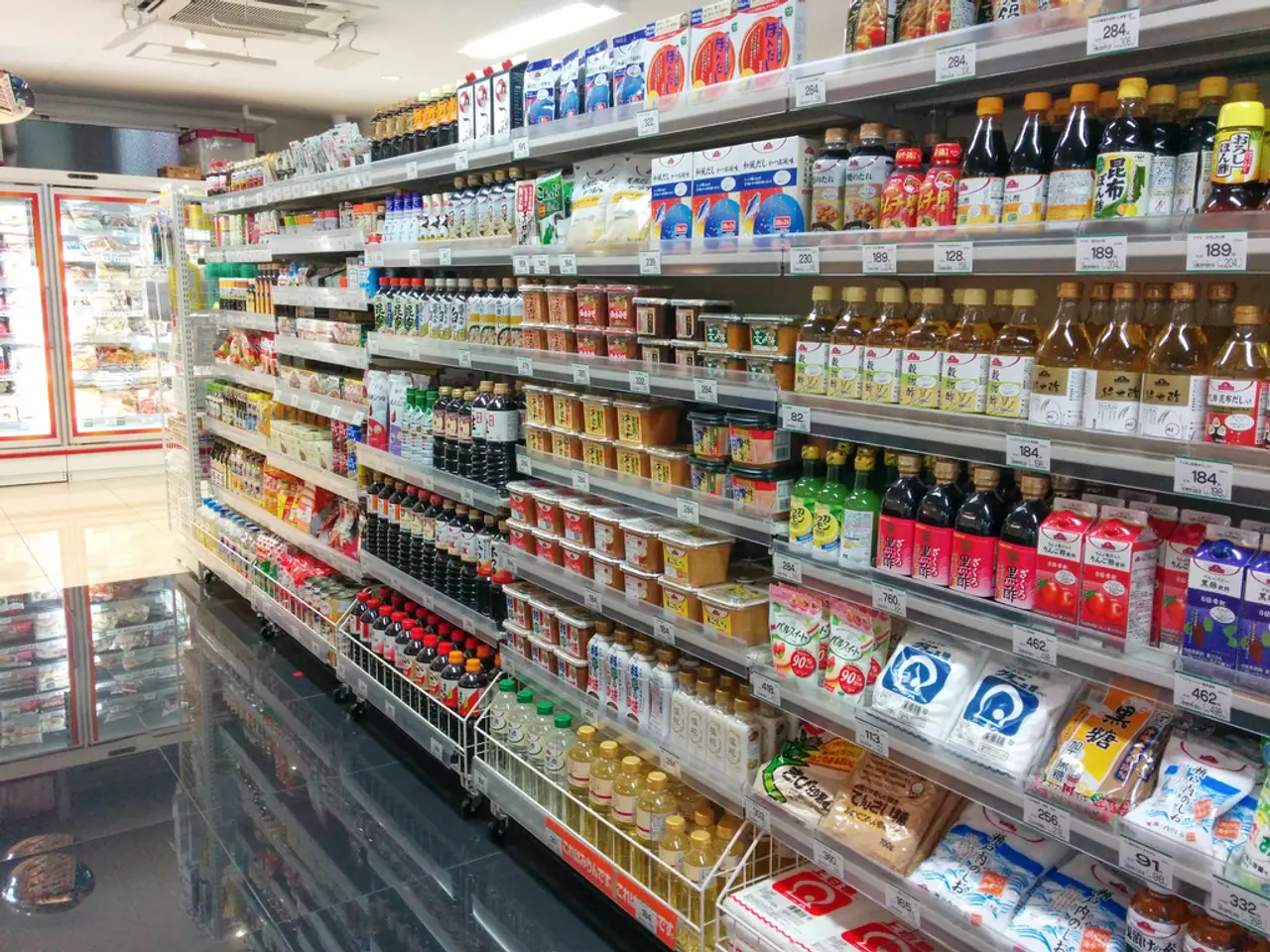With a rise in fraudulent card activity, which payment methods are still viable for online grocery shopping in South Africa?
In the rapidly evolving world of digital commerce, South African online grocery retailers find themselves playing catch-up when it comes to implementing safer and more flexible payment options. Despite the growing need for such solutions due to escalating fraud risks and shifting consumer expectations, retailers like Checkers Sixty60 and Pick n Pay asap! have yet to fully embrace these advancements.
One of the primary reasons for this slow adoption is the substantial investment required to upgrade technology and infrastructure. For smaller or less financially stable companies, this can be a significant barrier. Furthermore, the cost of integrating new payment systems might outweigh the perceived benefits, especially if current systems are deemed sufficient by the retailers.
Another factor hindering the adoption of new payment technologies is the level of consumer awareness and acceptance. Although providers like Payflex, PayJustNow, and Mobicred are popular in South Africa, integrating these into grocery platforms might necessitate targeted marketing efforts to educate consumers about these options.
Security concerns and regulatory compliance also play a significant role in the slow adoption of new payment methods. With card-not-present fraud being a significant issue, retailers are understandably cautious about the security implications of new systems. Ensuring compliance with financial regulations and maintaining high security standards can slow the adoption of new technologies.
Currently, a significant portion of e-commerce transactions in South Africa are made using cards and bank transfers. If consumers are content with these methods, there might be less pressure on retailers to introduce new payment options. However, as digital payment trends continue to evolve, retailers will likely need to adapt to meet changing consumer preferences and expectations.
The market might see fractional adoption, where some retailers are more progressive than others. Checkers Sixty60 and Pick n Pay asap! may be evaluating the market and consumer feedback before making significant changes to their payment systems.
Meanwhile, consumers are moving away from using cash and cards and are adopting digital payment alternatives. Retailers like Takealot offer next-day grocery deliveries with a wide suite of payment choices, but at a higher delivery fee compared to some grocery-focused platforms.
As the market evolves, it is expected that these retailers will need to adapt to remain competitive. The growing need for safer and more flexible payment options, coupled with the shifting consumer preferences, will likely drive the adoption of these advancements in the near future.
- The rise of mobile payment platforms like PayFast, SnapScan, and Zapper could be a game-changer in South African personal-finance, offering a more convenient and secure lifestyle for consumers.
- As sports events and concerts resume post-pandemic, QR code payments through apps like iPay or PeoPle could become more prevalent, reducing physical contact and enhancing technology's role in the sports industry.
- Weather apps integrating crypto-payments could gain popularity, allowing users to purchase premium features like weather alerts or ad-free experiences using various cryptocurrencies.
- In the realm of personal-finance education, platforms like JustOne could incorporate mobile payment options, making it easier for users to learn about finance, manage their money, and make transactions all in one place.




